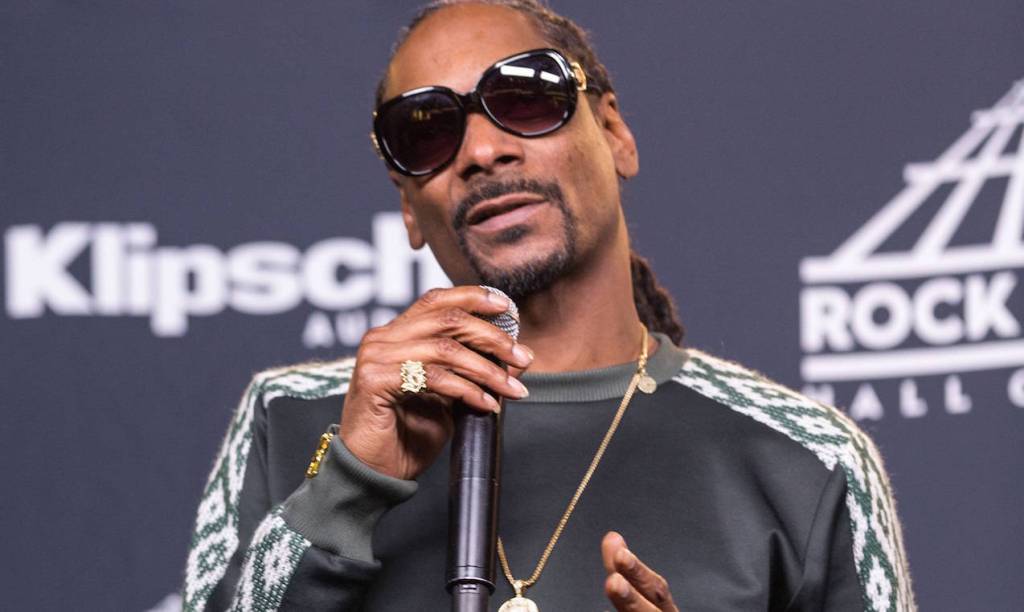Jermaine Dupri doesn’t seem too impressed with the current climate of female rappers. Although this year’s Hot 100 features seven women rap acts for the first time in a decade, the Atlanta producer was critical of the genre’s leading ladies in a recent interview with People Now. “[…] I feel like they’re all rapping about the same thing,” he said. “I don’t think they’re showing us who’s the best rapper. For me, it’s like strippers rapping.” Instead, the Atlanta producer is waiting for women to rap about “other things.” Dupri, who helped formulate Da Brat’s sound in the 90s, credits Da Brat for breaking the mold of what a successful female rapper could look and sound like.
But, in true hip-hop fashion, the most famous stripper-turned-rapper couldn’t let Dupri’s comments go unchecked. Cardi B—who has never been shy about her former employment—addressed the So So Def label head’s critique in an Instagram video. “Okay guys, I have seen a lot of people saying nowadays female rappers only talk about their pussy and now that Jermaine Dupri brought it up, I’m going to say something,” she said confronting the skeptics. “First of all, I rap about my pussy because she’s my best friend,” she said. “There’s a lot of female rappers that be rapping they ass off and don’t be talking about they pussy and don’t be talking about getting down and dirty, and y’all don’t be supporting them!”
Videos by VICE
In the interview, Dupri did not hold back his disdain for the strip-club inspired music made by rap’s current women all-stars. According to Dupri, he has no favorite female rapper at the moment, because he feels he’s being fed the same story from everyone in the game. “I’m getting, ‘Okay, you got a story about you dancing in the club, you got a story about you dancing in the club, you got a story about you dancing in the club. Who’s going to be the rapper?” There is clearly a negative connotation to Dupri’s comment about “strippers rapping” which is ironic, given that strip-clubs like Follies and Magic City (located in Atlanta where Dupri’s label So So Def is based) serve as makeshift A&Rs for new rap songs. Songs are tested at clubs and the dancers, based on their ability to “make it rain,” generate buzz for the records. Why wouldn’t former dancers like Kash Doll or Cardi B want to create music for the women who currently work in those clubs?
Dupri’s claim that women are only rapping about sex and need to broaden the scope of their subject matter, is a prime example of hip-hop’s double standard. Cam’ron blatantly asked women if they would “suck it or not,” and Lil’ Wayne declared himself the “Pussy Monster.” Failing to require the same effort from men does little to move beyond the inequality intrinsic to the rap world.
It’s no secret that misogyny runs deep in hip-hop’s roots, but as women have lent their perspectives to the genre, their presence in hip-hop has become a way to reclaim the narrative of their worth. The gender imbalance in rap is reflective of a male-dominated world; the way that the many Black and brown women who grab a mic decide to assert themselves—and their sexuality—is about power. They’ve transformed rap’s derogatory definition of being a bitch, into the idea of the “Queen Bitch,” or “Da Baddest Bitch.”
To say that there are no women rapping about things other than sex or stripping is to reduce the breadth of women’s influence in rap’s ecosystem. Cardi clearly felt similarly and shared another video supporting rappers like Rapsody, Tierra Whack, Chika, and Kamaiyah. Some of the most notable female rappers, both past and present, are former strippers and have a right to tell those stories. Women in rap aren’t looking for the validation of men in the industry, regardless of their past employment. They’re here to hustle.
Kristin Corry is a staff writer for Noisey. Follow her on Twitter.
More
From VICE
-

-

Photo: Ethan Miller/Getty Images -

(Photo by Des Willie/Redferns) -

